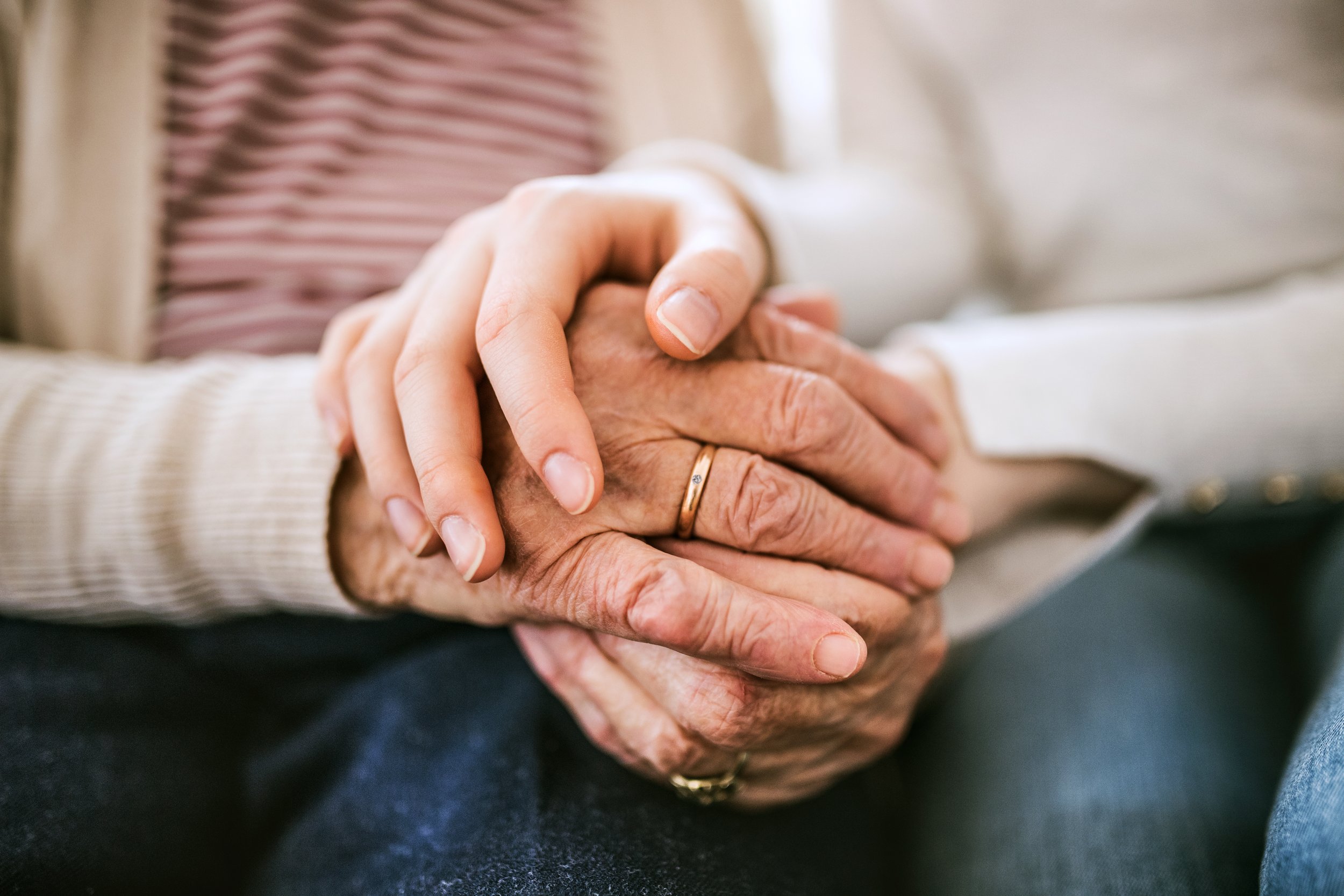Embrace Recovery in the Wake of Grief With These Strategies
In the depths of loss, navigating the path to healing requires deliberate action and the setting of meaningful objectives. By establishing purposeful goals, individuals can find direction and solace, paving the way for a healing process that is both profound and sustaining. This guide, courtesy of EverDear, is designed to shed light on the journey ahead, emphasizing the importance of resilience and personal growth amid the challenges of grief.
Pursuing Career Fulfillment as a Form of Healing
The realization that life is ephemeral, often highlighted by the experience of loss, can motivate individuals towards seeking a more fulfilling professional path. Advancing one's education by pursuing further degrees—be it a bachelor's, master's, or doctoral—becomes a tangible step towards such fulfillment. Online degree programs offer the flexibility to balance educational pursuits with full-time work or family commitments, making it feasible to attain academic goals such as studying psychology–which offers courses that are just 5 or 6 weeks long. It is crucial to select an online institution that is accredited and provides competitive tuition fees to ensure the value and recognition of the degree earned.
Gardening as a Therapeutic Endeavor
Delving into gardening can significantly enhance mental well-being, offering a peaceful retreat for emotional healing. Turning to digital platforms for gardening advice can equip individuals with the knowledge and skills to succeed in this endeavor. These online resources serve as a bridge, connecting gardeners with a community and wealth of information, thereby making the practice of gardening an accessible and enriching activity to support mental health and resilience.
Crafting Stability Through Routine
Amid the chaos that grief often brings, anchoring oneself with a daily routine acts as a beacon of stability. This foundational step not only provides structure but also instills a sense of normalcy and purpose in the midst of emotional turmoil. Incorporating simple, manageable tasks, along with activities that spark joy, reinforces a commitment to healing and personal well-being. Over time, this routine becomes a resilient framework, supporting individuals as they navigate their journey through grief.
The Value of Digital Detox
In our digitally connected world, the relentless stream of information can be overwhelming, particularly during periods of mourning. A conscious decision to step back from social media and digital devices offers essential mental respite, allowing for deeper self-reflection and emotional processing. This practice of digital detoxification fosters a nurturing environment for inner peace and clarity, encouraging individuals to focus on their well-being and the healing process.
Embracing Healthy Coping Strategies
The journey through grief is fraught with challenges, making it crucial to adopt healthy coping mechanisms. Avoiding the pitfalls of substance use in favor of more constructive strategies such as physical activity, creative expression, or seeking support from friends and counseling professionals, can significantly impact one's ability to navigate grief. These positive coping mechanisms empower individuals to face their emotions head-on, fostering strength and resilience in the healing process.
Fostering Hope Through Future Planning
Looking forward to planned activities or outings can serve as a lifeline in the sea of grief, offering moments of respite and joy amid sorrow. Anticipating these moments can rekindle hope, providing a gentle reminder of the beauty and potential for happiness that still exists. Whether it's revisiting cherished places or embarking on new experiences, nurturing anticipation for the future plays a vital role in the healing journey.
The Healing Power of Nature
The serenity of the natural world offers profound healing benefits, providing a sanctuary for those seeking peace and rejuvenation. Immersing oneself in nature, whether through quiet walks, mindfulness in natural settings, or simply being present in a tranquil environment, can help soothe the soul and mend the heart. Nature's inherent ability to heal and comfort becomes a valuable ally in the journey toward recovery.
The Role of Forgiveness and Memorialization in Healing
Forgiving oneself and others is a critical step towards peace and acceptance. Letting go of guilt, anger, or regret opens the heart to healing and allows for personal growth. Creating meaningful tributes to honor lost loved ones–such as donating to their favorite charity or having a memorial diamond made with their ashes–can also play a significant role in the healing process, offering a sense of closure and continuity. These acts of remembrance and forgiveness pave the way for inner peace and acceptance, marking significant milestones on the path to recovery.
In navigating the complexities of grief, setting intentional goals is not just about moving through the pain; it's about embracing the opportunity for growth and renewal. Through structured routines, self-care, and purposeful pursuits, individuals can chart a course through grief that is marked by resilience, healing, and transformation. Amid the depths of loss, there lies the potential for profound personal growth and a renewed sense of purpose.
EverDear can help you turn your loved ones' remains into a beautiful, lasting memento that will allow you to honor their memory. Get in touch today to find out how to get started.

































